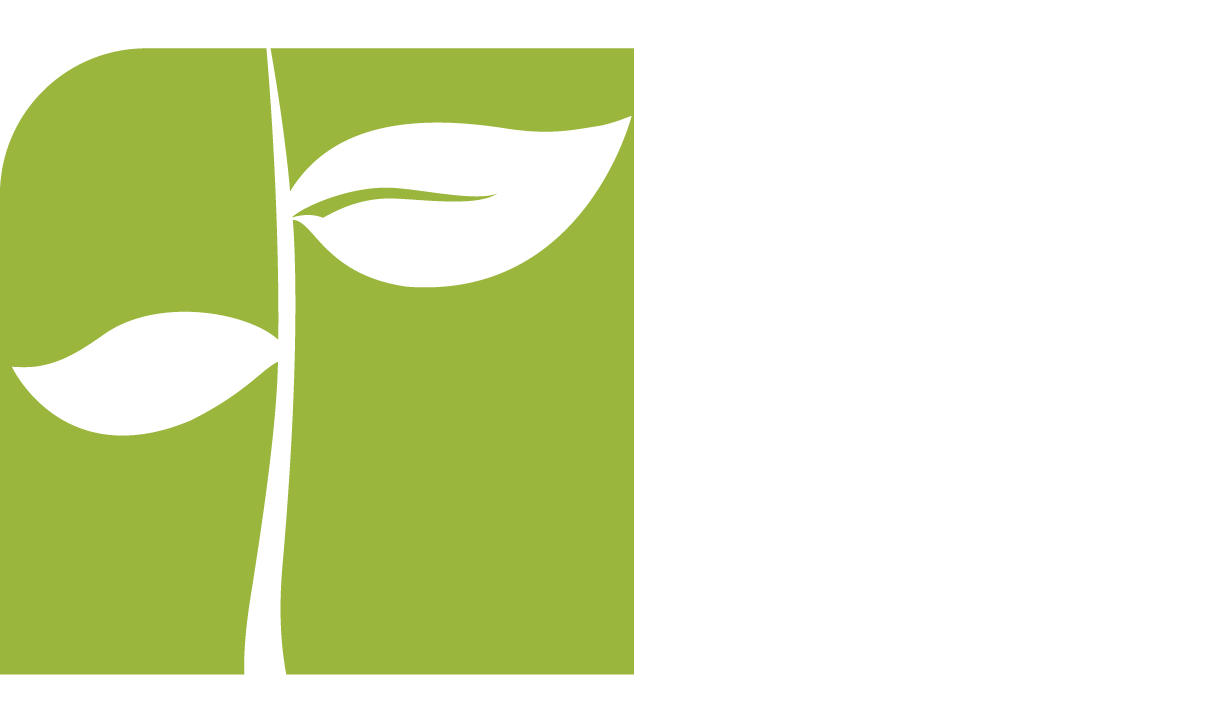A part-time CFO (also called a fractional CFO) is an experienced finance leader who works with your company on a flexible schedule to drive cash flow, profitability, and decision-ready reporting. You get strategic guidance and hands-on execution only for the hours you need, which makes senior-level finance affordable and scalable for growth.
What does a part-time CFO actually do?
Think of a fractional CFO as your head of finance and growth. Typical outcomes include:
- Cash clarity & forecasting: 13-week cash flow, rolling forecasts, and “what-if” scenarios so you can hire, invest, and price with confidence.
- Profitability lift: Product/customer margin analysis, pricing strategies, expense discipline, and KPI dashboards tied to P&L and cash.
- Better decisions, faster: Board-quality monthly close packs, trend analysis, and variance insights that are easy to understand.
- Financing readiness: Bank relationships, debt/equity prep, covenant management, and investor communications.
- Systems & scale: Budgeting cadence, SOPs, and technology (ERP/accounting/business Intelligence) to remove bottlenecks and support growth.
- Leadership & alignment: Translating numbers into actions for Sales, Ops, and HR so everyone rows in the same direction.
Part-time vs. full-time CFO: which is right for you?
Choose a fractional CFO when you’re roughly $5M-$75M in revenue with uneven complexity; you need strategic finance plus hands-on cleanup delivered in focused blocks; and budget matters. This model shines when you’re preparing for financing/M&A, wrestling with “noisy” financials, or when your controller/bookkeeper can record transactions but you need someone to lead finance.
Choose a full-time CFO when you’re a stable $75M+ organization with sustained daily complexity, executing heavy M&A/IPO activity, and you need an in-house executive orchestrating cross-functional decisions every day.
Rule of thumb: If you need senior finance outcomes but can’t justify a fully loaded $300k-$500k+ hire, a fractional CFO often delivers 80-100% of the value at a fraction of the cost.
When to hire a fractional CFO (real-world triggers)
- Rapid growth, thin cash: Revenue is up, but cash is tight – collections lag, inventory swells, payables pile up.
- “Noisy” financials: You don’t trust the numbers; close takes too long; reporting lacks insight.
- Margin mystery: You’re selling more but not keeping more; product/service or customer profitability isn’t clear.
- Bank/investor conversations: You need credible forecasts, KPIs, and a finance narrative to unlock capital.
- Leadership gap: You need someone to own outcomes across cash, margin, and reporting.
What you can expect in the first 90 days
Weeks 1-2: Diagnose & stabilize
- Cash triage, covenant check, reporting gap assessment
- Rapid working-capital wins (accounts receivable discipline, pricing “leaks,” slow-moving inventory)
Weeks 3-6: Build the growth finance engine
- 13-week cash model + 12-18 month driver-based forecast
- Margin tree (price, mix, volume, cost) and profitability by product/customer
- KPI scorecard tied to strategy (sales velocity, gross margin, overhead leverage, cash conversion cycle)
Weeks 7-12: Operate & scale
- Monthly close calendar and board-ready reporting
- Budget cadence and scenario planning
- Financing roadmap and lender package (if needed)
Services menu (deliverables that move the needle)
- Cash & Working Capital
13-week cash forecast, collections playbook, vendor terms strategy - Profitability & Pricing
Unit economics, cost-to-serve analysis, price architecture, discount governance - Planning & Analytics
Annual operating plan, rolling forecast, BI dashboards, KPI/OKR (Objectives and Key Results) linkage - Accounting Maturity
Close-process redesign, chart-of-accounts cleanup, audit readiness - Capital & Transactions
Banking relationships, debt/equity raise prep, buy-side diligence support - Systems & Team
ERP/accounting stack selection, controller coaching, role clarity and SOPs
ROI you can quantify
- Cash conversion: Improving DSO (Days Sales Outstanding), DIO (Days Inventory Outstanding), DPD (Days Payables Outstanding) by 10-30+ days often frees six- to seven-figure cash without new financing.
- Margin expansion: Pricing discipline and mix optimization can add 200-400 bps (basis points) of gross margin in 2-3 quarters.
- Decision speed: A faster close and real-time KPIs compress reaction time and reduce costly surprises.
- Cost to value: Consolidating fragmented advisors under a single accountable leader lowers total finance cost per insight – and raises quality.
Engagement models that fit how you operate
- Ongoing fractional CFO (most common): A set number of days per month plus on-call support; scales up or down with complexity.
- Project-based: Focused sprints – for example, cash-flow reset, lender package, or pricing overhaul.
- Interim leadership: Stabilize finance during a leadership transition while recruiting a permanent CFO.
- CFO + Controller combo: Executive guidance paired with hands-on accounting leadership for end-to-end execution.
What makes a great fractional CFO partner?
- Operator mindset: Not just reporting – owning outcomes across cash, margin, and execution.
- Plain-English communication: Turning finance into actions that sales and operations can act on this week.
- Change management: Challenging assumptions and building cross-functional habits.
- Right level of process: Strong controls without slowing the business.
- Cultural fit: Values, cadence, and communication style that match your leadership team.
Quick self-assessment: Are you ready?
- We can’t predict cash 90 days out with confidence.
- Our close takes >10 business days and reports are backward-looking.
- We don’t know true product/customer margins or cost-to-serve.
- Sales, Ops, and Finance aren’t aligned on one plan and KPIs.
- We’re talking to lenders/investors without a tight story + model.
If you checked two or more, a fractional CFO can likely pay for itself quickly. Contact New Life CFO today to learn more!
FAQs
Is a part-time CFO the same as a fractional CFO?
Yes – these are two names for the same model: senior-level finance leadership on a flexible basis.
How many hours do we need?
Most growth companies start at 1-4 days/month and flex up during key initiatives (financing, M&A, ERP).
Will they manage my accounting team?
A fractional CFO leads the finance function, mentors your controller/bookkeeper, and brings in trusted resources if gaps exist.
What about auditors and banks?
They coordinate directly, raising credibility with clean reporting, controls, and a clear plan.


